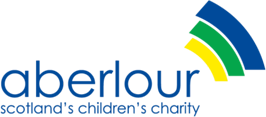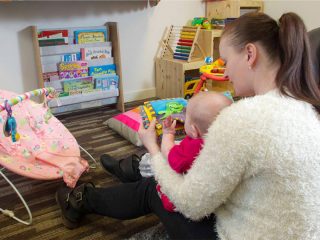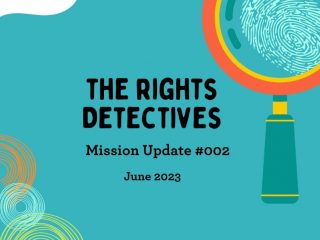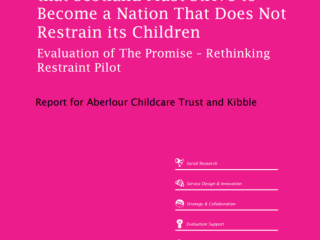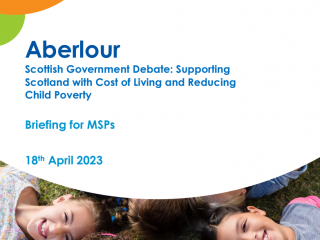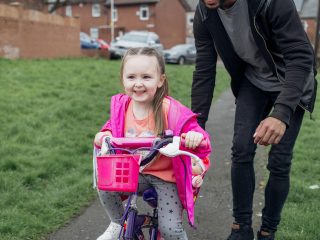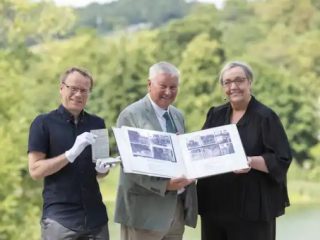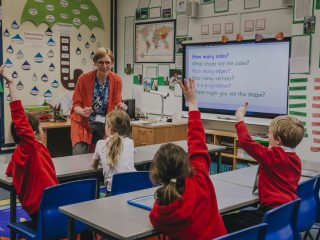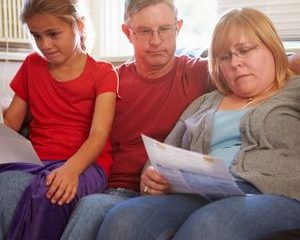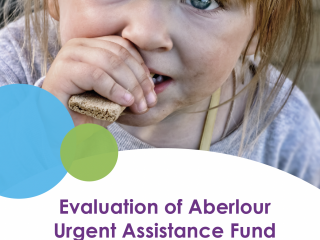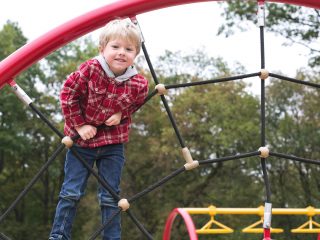Introduction
Aberlour participates in Scotland’s Redress Scheme by making a fair and reasonable contribution to the scheme and was added to the contributors list on 8th December 2021.
This report provides information about the activities Aberlour Child Care Trust has carried out to support survivors of abuse between 7th December 2021- 7th December 2022.
This fulfils Aberlour’s requirement to produce a ‘redress report’ under the Redress for Survivors (Historical Child Abuse in Care) (Scotland) Act 2021 (section 99). It includes information about any support which Aberlour has provided for individuals who were abused as children, including:
- funding for emotional, psychological or practical support
- advice and assistance on accessing historical records
- advice and assistance on tracing and reuniting families
- activities relating to the acknowledgement of abuse and providing a meaningful apology to survivors
- other relevant examples of support provided to survivors
The report also highlights additional measures we have put in place to safeguard children who currently live with us.
Support for individuals who were abused as children
Typically, when we receive a record request, we do not know whether an individual has experienced abuse. All responses to record requests from individuals or their next of kin who were resident within the qualifying time frame contain information about the redress scheme. We extend an offer to individuals to meet with either a member of the Quality & Safeguarding team and our CEO to discuss their experience in person should they find it helpful. We also provide the contact details for Birthlink in case they feel they want independent professional support or help tracing lost family members as well as contact details for In Care Survivors Scotland.
Funding for emotional, psychological or practical support
Aberlour has not provided direct funding for support for individuals abused as children during the period covered by the scheme.
Advice and assistance on accessing historical records.
In 2022 we received 98 requests for case records. Twenty four were Subject Access Request, 64 came from family members and in 10 cases, the data subject was not a former resident. If an individual was not resident with us, enquirers are usually given contact details for other agencies (for example, the local authority/ their successor or the charity which made the referral to Aberlour).
We have useful connections with those dealing with similar requests in other organisations (such as Children 1st, Crossreach, Speyside Orphanage, and Quarriers) this helps direct enquirers to them.
We have also engaged with the Archives and Records Association’s group on charities archives (CHARM).
In all our responses for orphanage and early group home records we acknowledge that historical casefiles are typically brief and usually focus on the practicalities of admission and discharge rather than progression or experience whilst the child is resident. When we are able to supplement the casefile with copies of the orphanage magazine or other records we will do so. The scarcity of identifiable photographs is a particular regret.
During the reporting period our staff have supported one-to-one meetings with 4 former residents from the period covered by the abuse inquiry.
- An individual who was in service for 6 years during the 1990s
“We finalised Hugh’s record early in January. I then met with him on the 17th January in North England to meet him and help him understand how his records were set out. There were several follow up phone calls over the next couple of months as he processed his records and pieced together his experience of abuse by another resident. Hugh was offered the opportunity to meet with Aberlour’s CEO if he would find it helpful. He was made aware of the redress scheme which he later applied to. ” Quality Improvement Officer
- Three individuals who were in service between 1950-1971.
“I met Henry in-person to hand over their records. They were provided with information about the redress scheme and given further information about family history. They were given a lift home and sent an electronic copy of their records. They were offered a further meeting but so far have not needed this”. Records and Information Governance Officer
(Individuals’ names have been changed)
Other relevant examples of support provided to survivors
In July 2021 we secured funding from the National Archives (Archives Revealed Fund) to employ a professional archivist for six months (Jan -June 2022) to ensure the historical casefiles held in the University of Stirling Archives were catalogued and a volunteers’ programme has been established in order to ensure that other material, such as the orphanage magazines, are digitised and made available online. The majority of the archive collection dates from 1875 to 1980, covering the
management of the original Orphanage and administration of the surrounding estate until its closure in 1967, as well as later services operated through the Trust. Aberlour also funded the post for a further month to ensure that more of the casefiles were included in the catalogue.
An event was held in August 2022 which marked the launch of the Aberlour archives catalogue and the donation of former resident Ron Aitchison’s personal archive. This event in turn made other former residents aware of the project and encouraged further donations of archival material.
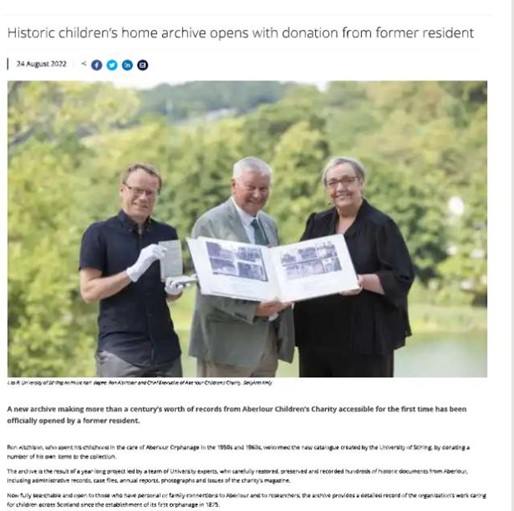
https://www.historyscotland.com/news/historic-childrens-home-archive-opens-with-donation- from-former-reside/
Additional activities
Improving record request processes
Learning from the accounts of applicants to the Scottish Child Abuse Inquiry, Aberlour recognises the importance of improving the experience of people receiving their records and want to continually improve our approach.
We have responded to two subject access requests from people who left Aberlour after 2004 and this has included in one instance facilitating a visit to the home to help make sense of memories and in another offering 3 record support sessions together with other less formal contacts and gift of a baby box from Aberlour when their daughter was born.
We also provide direct support (as a project board member and facilitating access to records) to the ‘Back to the Future: Archiving Residential Children’s Homes’ (ARCH) project. This is a three-year project being undertaken by the University of Stirling and the University of Osnabrück. The research aims to explore and improve how the everyday group care experiences of children and young people in residential care are captured and preserved.
In November 2022 we provided advice to the Communications Lead at Redress Scotland about the preservation and secure storage of photographs sent by survivors and others.
Safeguards we have put in place to protect children currently under their care.
Aberlour has developed an internal learning review procedure, building on the National Guidance for Child Protection Committees undertaking learning reviews 2021. This will ensure that we carry out an in-depth analysis and reflection on systems and practice if a significant incident occurs. All learning reviews will result in an action plan, reviewed by our Safeguarding Oversight Group. Where these reviews raise concerns in our residential and foster care services, it is expected that this will lead to improvements in safeguards to protect children currently under our care.
Claire Johnson – Records and Information Governance Officer Helen Jones – Quality and Safeguarding Manager

